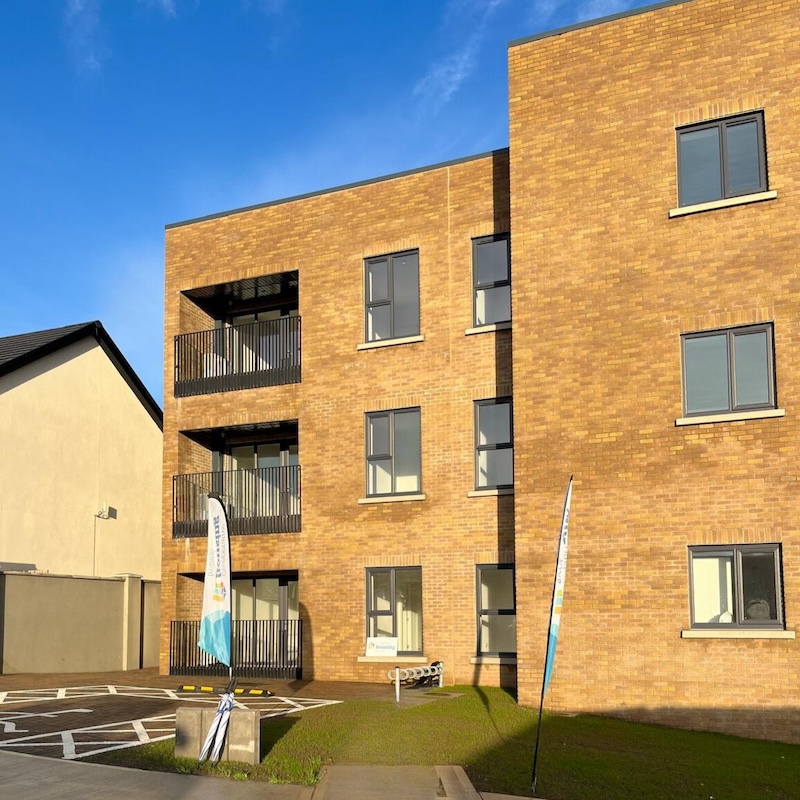January 17, 2022

Approved Housing Bodies such as CHI are crucial to meeting housing needs across the country
In the last year, Co-operative Housing Ireland has developed and launched close to 200 affordable homes in Co. Kerry, and plan to add to this with further developments this year, some of which are already underway.

CHI’s Policy and Communications Manager, Eoin Carroll, joined Jerry O’Sullivan on Radio Kerry to discuss recent CHI housing developments and the roles of Approved Housing Bodies in meeting housing needs across the country and addressing the housing crisis.
These new homes are A2 and A3 energy-rated with modern utilities such as air-pump heating systems. These homes will house families, many of whom have been on housing waiting lists in some cases for seven years or more. For the majority, these CHI homes will be homes for life.
Mr Carroll described the provision of these new homes as “great news for CHI, the people moving in and for people broadly across the county… This is a game-changer, this is a life-changing experience for these households.”

“For low-income households the private-rental sector is a precarious place to be.”
–Eoin Carroll, Policy and Communications Manager
When asked about the difference between affordable (social) and council housing, he explained, “CHI identifies a need in a particular county or in a particular local authority, we then link in with the local authority and provide options in terms of possible developments. The difference really is having multiple actors involved in the delivery of housing, the state can only go so far in the delivery of a social need. We’ve seen for-profit [housing] providers come in in Ireland, and the challenges that that has caused in terms of leasing and the costs involved. So, it’s an opportunity for the state to say let’s involve other not-for-profit actors.”
“In many ways, [AHBs] provide diversification in terms of affordable housing, the message we want to communicate is that houses provided by CHI are affordable. Close to two-thirds of the households have private earnings, have their own incomes, [contrary to the] preconceptions people might have in relation to public or social housing. Our level of rent arrears would be extremely low
The households that we’re providing homes [to] have a long-term need. Their incomes are on average lower than the industrial wage, and the private rental sector really isn’t all that suitable for low-income households. For low-income households the private-rental sector is a precarious place to be.”
AHBs such as CHI, along with local authorities, are aiming to deliver 10,000 social homes a year for the next ten years, in line with Government’s housing strategy Housing for All, to meet housing need and to reduce the reliance on the private rented sector.

Another key difference between council housing and affordable (social) housing is that there is no option to buy the property, as is often the case with council properties.
“From the perspective of the Approved Housing Bodies, a term that’s used is Affordability in Perpetuity. What can happen when local authority homes are sold to the tenants is that they’ve provided affordability for that one generation, but then as we all know, housing affordability is intergenerational and not persistent. So, by us holding onto the ownership of the home, it means when someone moves on from the home we’re providing, we then have the opportunity to rent it out to another household.”
By providing low-cost, lifetime rental, rather than the option to buy, this allows CHI to contribute to building up the national stock of affordable rental properties.
Listen to the full interview on our Soundcloud below.








